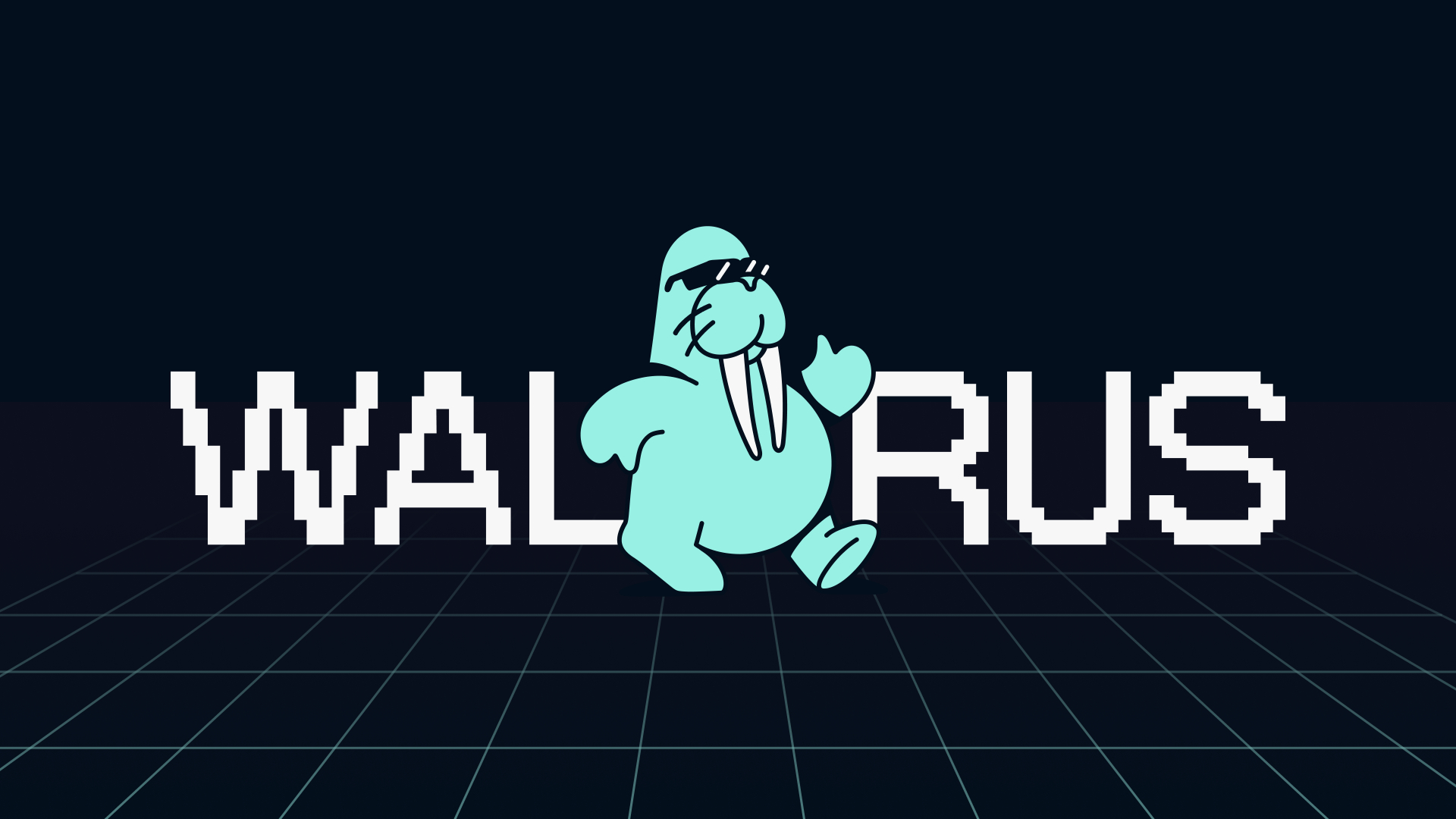TradePort, a leading multichain NFT marketplace, has announced a significant partnership with Mysten Labs to integrate Walrus, their decentralized data storage application, into its ecosystem. This collaboration will enable TradePort to store metadata for its entire suite of Move-based NFT projects, marking a major development for the NFT industry. As the largest NFT marketplace on the Sui blockchain, TradePort facilitates seamless NFT trading across multiple blockchain networks, including Sui, Aptos, NEAR, Movement, and Stacks.
Walrus, which launched its Testnet in October 2024, offers an innovative solution for storing large unstructured data files. These files, known as blobs, include rich media content such as audio files, videos, images, and PDFs, which can be sourced from both Web2 and Web3 platforms. The decentralized nature of Walrus ensures that storage is not only secure but also scalable, resilient, and programmable. The storage solution is built to handle large-scale files quickly and efficiently, providing an ideal infrastructure for NFTs and related digital assets.
The Walrus protocol uses Sui as its coordination layer, both for its public Testnet and its upcoming Mainnet, promising improved performance for decentralized storage solutions. This collaboration brings to the forefront a unique opportunity for TradePort’s ecosystem, where users will benefit from a more dynamic, secure, and efficient storage solution for NFT metadata.
According to George Danezis, Chief Scientist and Co-Founder of Mysten Labs,
“Initially, decentralized storage may sound like a concept you’ve heard of before. But on a smart contract platform like Sui, storage is capable of logic and programmability, which is a complete game-changer.”
This breakthrough in storage capabilities is key for the emerging wave of next-generation NFTs. As Daniel Fritsche, Co-Founder of TradePort, notes,
“Object-based NFTs rise far above what the NFTs of the 2022 boom were able to achieve. Thanks to their innate structure, Sui and other Move chains enable dynamic and composable NFTs, which dramatically open up the possibilities of NFT use cases. Add in programmable storage, and the attached NFT metadata becomes just as dynamic and responsive. This is only possible on a performant storage network like Walrus.”
With the integration of Walrus, TradePort will not only enhance the storage of existing NFT metadata but also ensure that all new NFT data from its launchpad is stored on the Walrus network. This includes upcoming collections from TradePort’s diverse NFT creators and projects, which will benefit from the high scalability and programmatic storage Walrus offers.
TradePort is also set to be one of the first platforms to store data on the Walrus Mainnet, which is expected to launch soon. The partnership represents a significant step forward for decentralized storage, allowing for the handling of NFT metadata in a way that is both scalable and secure, with a level of programmability that enhances the possibilities of future NFT developments.
Users interested in learning more about Walrus and its capabilities can visit Walrus.xyz.
Media Contact
mystenlabspr@mgroupsc.com
Contact
Head of Communications
Lexi Wangler
Mysten Labs
mystenlabspr@mgroupsc.com



































